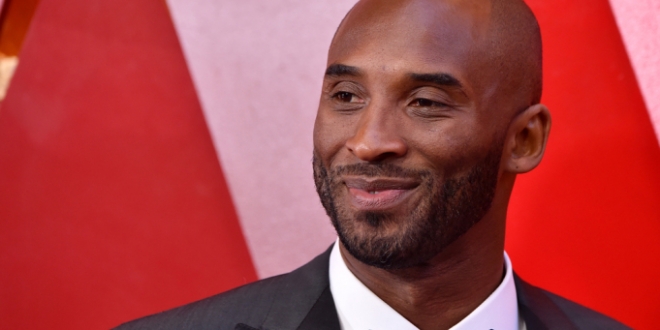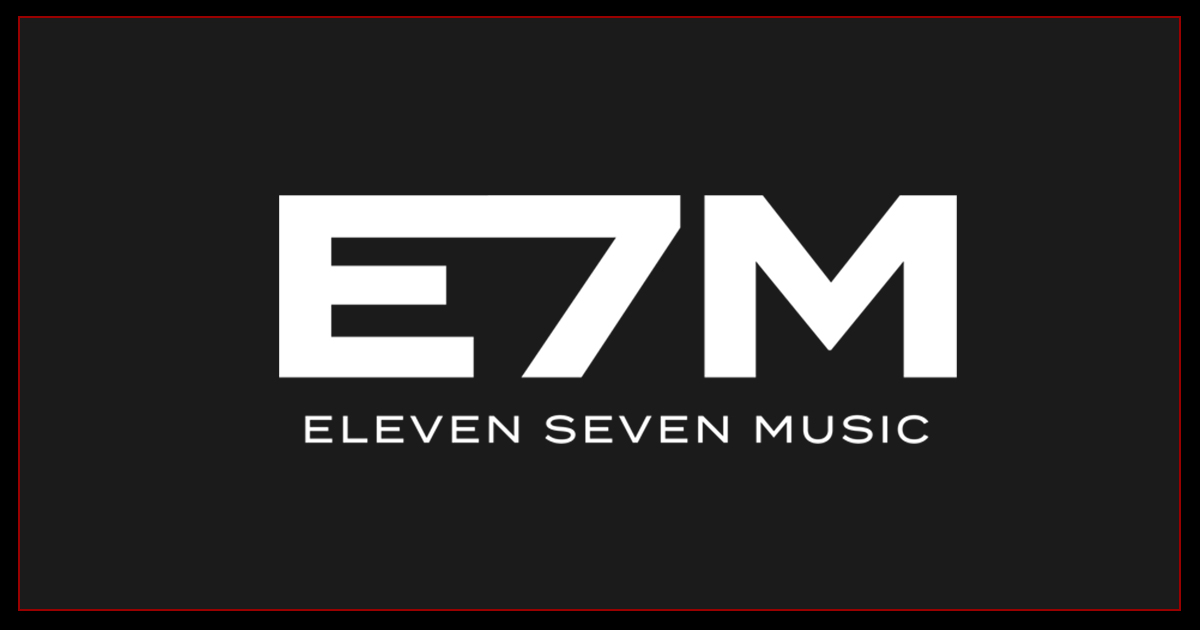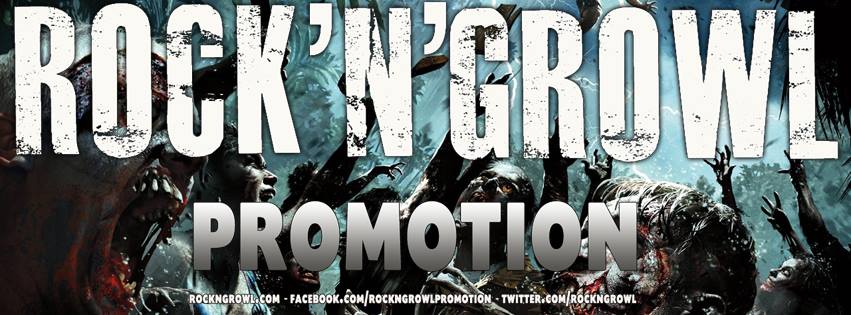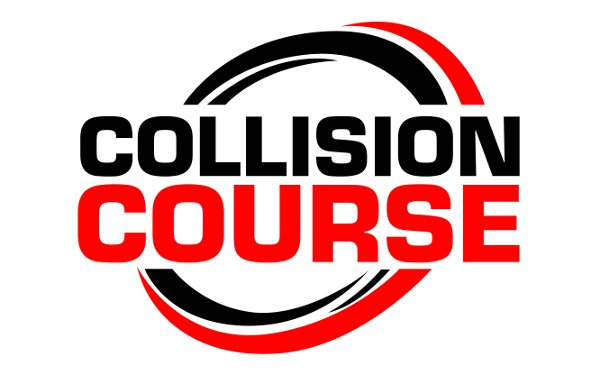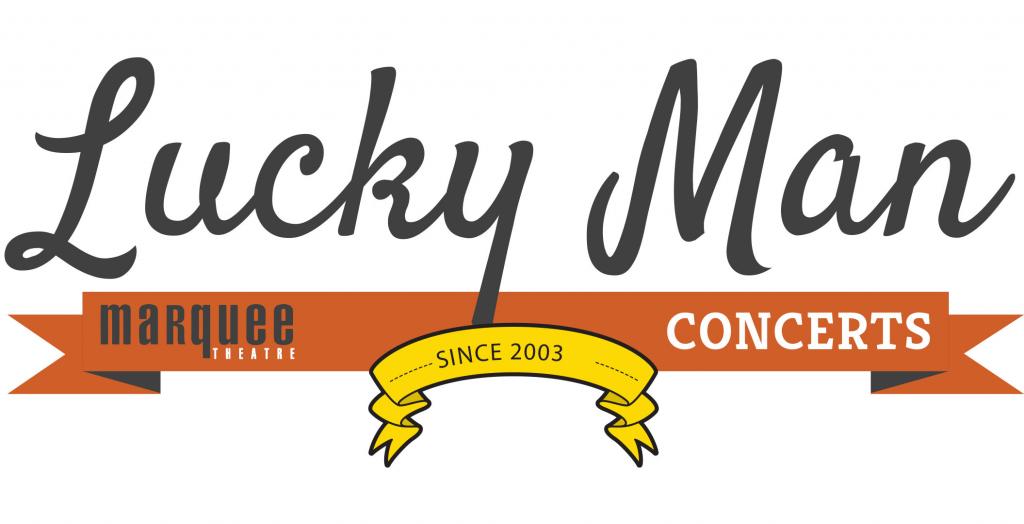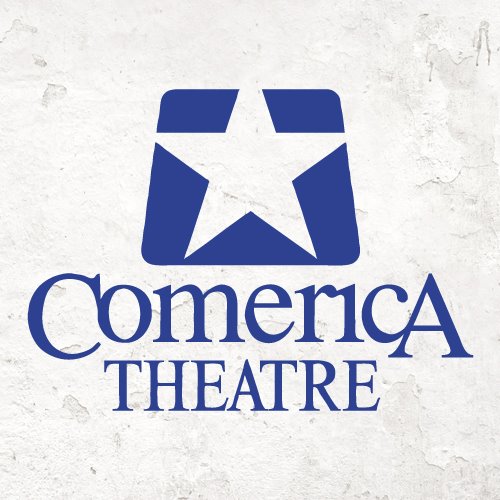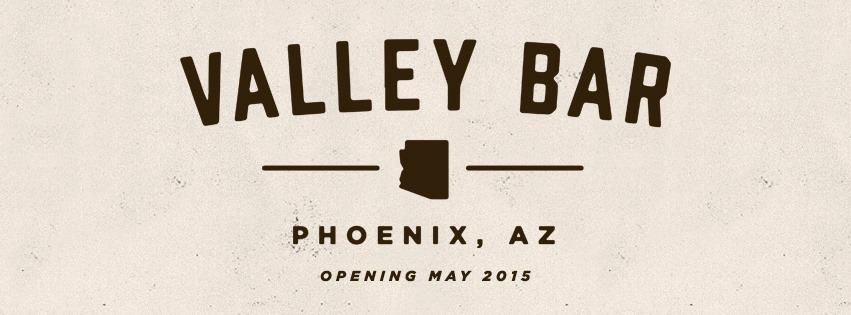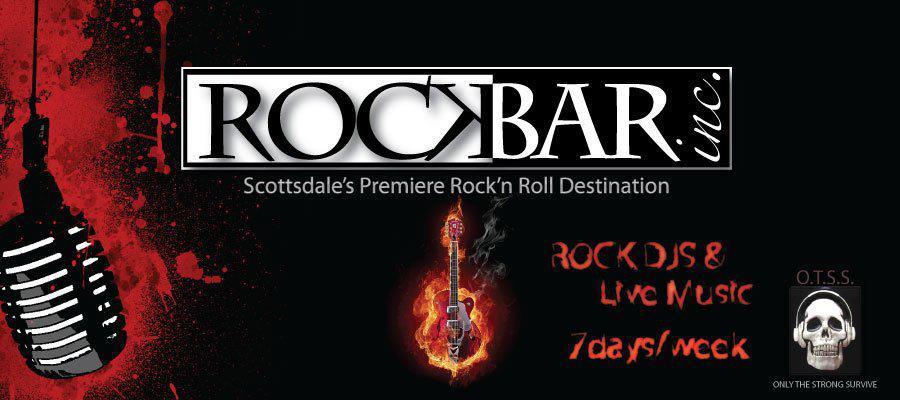The governor of California says Bryant “made history.”
California’s governor said the state was mourning “the tragic and untimely death of a California icon and basketball legend.”
“In his 20-year career with the Los Angeles Lakers, he made history with raw talent and unparalleled dedication that raised the bar and paved the way for a newer generation of players,” Gov. Gavin Newsom and his wife, Jennifer Siebel Newsom, said in a statement that also cited Bryant’s charity work.
“He was taken too soon and he will be missed,” they said.
Here’s what we know so far about the crash.
The retired Los Angeles Lakers star Kobe Bryant, 41, and his daughter Gianna died in a helicopter crash in Calabasas, Calif.
Bryant was among the passengers traveling onboard the helicopter on Sunday. Five people were confirmed deceased, with no survivors, in a helicopter crash in Calabasas, the Los Angeles County Sheriff’s Department said on Twitter. An investigation is ongoing.
The N.B.A. sent a confirmation of Bryant’s and Gianna’s deaths to all teams and league employees Sunday afternoon, according to two people familiar with the document.
Drafted to the N.B.A. directly out of high school in 1996, Bryant was named an All-Star in 18 of his 20 seasons for the Lakers and helped lead the team to five championships. His hypercompetitive nature led to occasional public disagreements with coaches and other players, but his commitment to winning was never questioned.
The winner of the N.B.A.’s Most Valuable Player Award in 2007-8, and the Finals M.V.P. in both 2009 and 2010, Bryant showed a rare commitment to success on both ends of the court, with a resume that included two scoring titles — and an 81-point game in 2006 that is the second-highest single-game total in N.B.A. history — along with 12 appearances on the league’s All-Defense team. He also thrived on the international stage, where he won gold medals for U.S.A. Basketball in the 2008 and 2012 Olympics.
In 2016, after various injuries had taken their toll on the longtime superstar, he proved to have one more highlight in him, scoring 60 points in his final game while leading the last-place Lakers to a surprising win over the Utah Jazz.
Off the court, Bryant’s legacy was far more complicated. He was arrested in 2003 after a sexual assault complaint was filed against him in Colorado. A 19-year-old hotel employee claimed that Bryant, who was working to rehabilitate his knee following surgery, had raped her. The legal case against Bryant was eventually dropped, and a civil suit was settled privately out of court, but Bryant publicly apologized for the incident.
“Although I truly believe this encounter between us was consensual, I recognize now that she did not and does not view this incident the same way I did,” he said in his statement. “After months of reviewing discovery, listening to her attorney, and even her testimony in person, I now understand how she feels that she did not consent to this encounter.”
In retirement, Bryant became something of a champion for women’s sports and expanded his purview, winning an Academy Award in 2018 for his animated short film “Dear Basketball” while also creating the web series “Detail” for ESPN in which he analyzed current players. He was scheduled to headline the 2020 N.B.A. Hall of Fame nominees.
Some 200 people had huddled together in the foggy Calabasas at the foot of the hill closest to the crash. Several people were wearing Kobe gear and had basketballs.
Paolo Santos, 27, had looked forward to catching a glimpse of his childhood idol at the Lakers game on Tuesday. “I’ve been watching him since I was a kid,” Mr. Santos said. “My stomach just hurts.”
“He’s a figure. He’s a legend. He brought L.A. back. He’s an L.A. icon,” he said. “He was a competitor. His drive, shooting in the gym at 4 in the morning. He’s what everyone wants to be.”
Philip Gordon, 45 of Winnetka, who was wearing a Kobe bathrobe over a Kobe jersey, Kobe shoes and socks, said he was watching the NFL Pro Bowl when he heard the news. “It’s so surreal,” he said.
“For twenty years I looked up to him. I became a fan of his as a person. It’s a huge loss for the city. He’s a icon beyond any Laker. We love Magic, we love Kareem, but Kobe transcends generations.”
Over in Echo Park Lake, joggers ran past residents of the cluster of tents on the lake’s northwest corner who were gathering around a table of donated food.
One man joined them and asked if the others had heard the news about Kobe Bryant. Immediately, expressions of disbelief rang out.
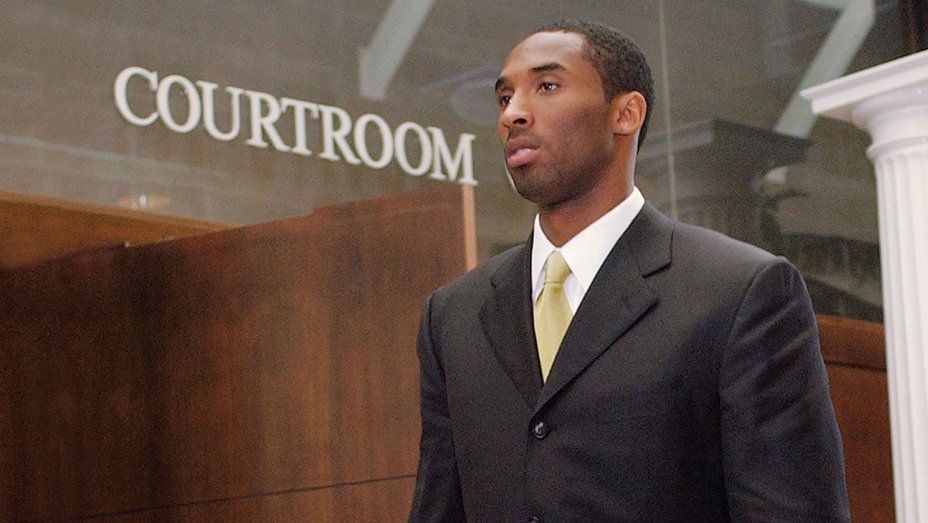
Remember When Kobe Bryant Was Charged With Rape? I Didn’t Forget, and Neither Should You
This story first appeared in the May 6 issue of The Hollywood Reporter magazine.
Like many, I followed the Kobe Bryant adulation tour that led up to his final game April 13. Unlike many, I was focused on why such homage was being paid to this particular man. Of course, as a Lakers season-ticket holder for the first seven seasons of his career, I’m well aware of what a great player Kobe was. He also was, in my opinion, and that of many others, guilty of rape.
According to court documents, the facts of the June 30, 2003, incident to which I refer are that Bryant showed up at the Cordillera Spa in Edwards, Colo., ahead of a knee surgery. A 19-year-old female concierge brought Kobe to his room. He asked her to return later to give him a tour of the hotel. She did so. At the end of the tour, he asked her to enter his room. She did. She said there was flirtation and consensual kissing. When he began groping her, she said, she tried to get away. He grabbed her by the neck, and she feared for her life. He bent her over a chair and removed her panties. She said twice that she begged him to stop but he penetrated her anyway. She left about five minutes later. Her clothes were messed up. She was upset. There was blood on her panties and on his shirt. That blood matched her DNA.
She told a friend at the hotel about the incident, and he drove her home. She told her mother. The next day, she went to the police. She was examined in a hospital, and a nurse recorded that she had a bruise on her neck and lacerations on her vaginal wall. The nurse deemed the lacerations to be evidence of rape. Charges were filed, and the case followed a predictable path: Lawyers were hired, the defendant claimed sex was consensual, the victim was portrayed by the defense as a mentally ill slut who just wanted to be famous, another woman who said that the defendant did the same thing to her refused to testify after seeing how the victim was smeared, the victim received a settlement and didn’t testify, and the criminal case was dropped.
Ahead of Kobe’s last game, I asked three friends if they weren’t uncomfortable with how he was being portrayed as a hero, given what happened in 2003. I received a couple of shrugs and a “That was a long time ago.” Well, I guess our society thinks that certain transgressions by celebrities can be forgiven. What’s perplexing is the contrast between which wrongs are and aren’t forgivable. Based on what I’ve read, I believe Kobe most probably raped a woman and still was paid $26 million in 2015 by Nike, Hublot, Panini Authentic, Turkish Airlines and others to endorse their products; Ben Roethlisberger was accused of raping two women and still made more than $35 million for one year as an NFL quarterback; Greg Hardy certainly beat the shit out of his ex-girlfriend and was signed to play defensive end for the Dallas Cowboys; Jameis Winston was sued for the rape of a student at FSU and didn’t even break stride to the NFL (having watched the victim’s recounting of events, I believe her). Both R. Kelly and Michael Jackson were accused of sexual misconduct, yet the former still is performing and the latter practically has been deified.
But what isn’t forgiven? Killing someone? Nope, Ray Lewis was accused of that, pleaded guilty to a lesser charge and now is an NFL analyst for ESPN. Donte Stallworth killed a pedestrian while driving drunk and played the next year. So violence, especially against women, can be excused. On the other hand, making ugly racist remarks cannot. Donald Sterling is banned from the NBA. Mel Gibson has no career. Anyone seen Michael Richards lately? Interestingly, nasty remarks about gay people can be forgiven. In fact, it seems you can’t be elected governor of a Southern state without being a homophobe. Kobe, the role model, called a ref a “faggot.” He apologized, paid a fine, and it was like it never happened.
I’m not in any way excusing the aforementioned bigotry. Sterling and Gibson got what they deserved. But why is it that saying certain awful things can end a celebrity’s career but committing violence doesn’t? Doing evil things is unquestionably worse than saying evil things, right? Part of it may be that a recording of one’s words can’t be denied, but in most rape cases, it comes down to “he said, she said,” and in the court of public opinion, the default position seems to always be in favor of what “he said.” Again, I’m not talking about women being offended by boorish comments about a pubic hair on a can of Coke, or whatever. I’m talking about someone being forcibly penetrated against her will. And, in most of these notorious cases that are forgiven, there is physical evidence and witnesses and a fact pattern that corroborates the allegation.
Most celebrities, especially sports stars, have been treated as special since they were young. So why is it more believable that a woman would try to entrap a celebrity by saying consensual sex wasn’t consensual and less believable that a celebrity would use his superior size and strength to inflict himself on a woman? The answer is that it isn’t more believable. Yet when society makes a judgment about these situations, it finds in favor of the accused. And the only reason this can be true is misogyny: The mind-set that a woman entering a famous man’s room, and maybe kissing him, has given license to that man to rape her.
If we really want to reduce the incidents of violence against women, we need to first accept that in the vast majority of accusations of rape, as studies have shown, the accusers aren’t lying. And second, if the facts strongly suggest that a celebrity has committed a rape, we can’t just forget what they did and go to their games and buy their jerseys and the sports drinks they promote. Because if you wanted to encourage a culture of rape, the best way to do so would be to endorse and honor the most visible members of society who have been accused of rape.

